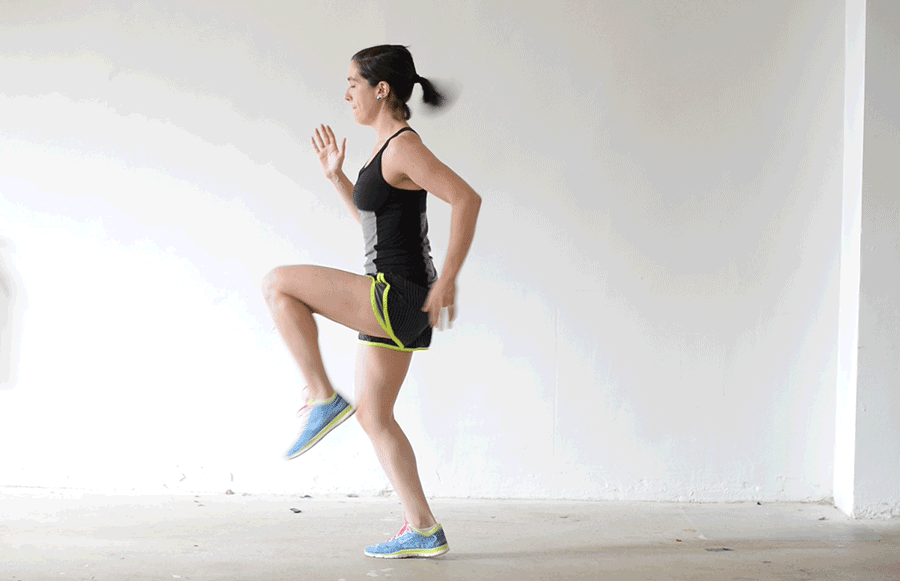Exam stress management strategies during COVID-19 - Healthy Hub
The COVID-19 pandemic has brought about unprecedented challenges, including the stress of taking exams. With many students juggling additional responsibilities such as family obligations and job responsibilities, managing exam stress during these times can be particularly challenging. However, there are several strategies that students can use to reduce exam stress and perform at their best during these challenging times. In this article, we will explore some effective exam stress management strategies during COVID-19. These strategies include practicing good time management, creating a comfortable study space, practicing mindfulness, getting enough sleep, exercising regularly, connecting with others, staying informed, using study aids, taking care of your physical health, and being kind to yourself. By implementing these strategies, students can reduce exam stress, improve their concentration, and perform better during exams. So let's delve into these strategies in detail and learn how to manage exam stress during these challenging times.
Exam stress management strategies during COVID-19 - Healthy Hub
here's an overview of the exam stress management strategies during COVID-19 that we'll be discussing in this article:
- Practice good time management
- Create a comfortable study space
- Practice mindfulness
- Get enough sleep
- Exercise regularly
- Connect with others
- Stay informed
- Use study aids
- Take care of your physical health
- Be kind to yourself
By following these strategies, students can effectively manage exam stress during these challenging times and improve their performance in exams.
The COVID-19 pandemic has brought about unprecedented challenges to students, including the stress of taking exams. However, there are several strategies that students can use to manage exam stress during these times. In this blog, we will explore these strategies in detail.
- Practice Good Time Management: The pandemic has led to students juggling additional responsibilities such as family obligations and job responsibilities. To ensure you have enough time to study, create a study schedule and stick to it. Make sure you take breaks regularly to avoid burnout.
- Create a Comfortable Study Space: With many students studying from home due to the pandemic, it’s essential to create a comfortable study space that promotes concentration and relaxation. Find a quiet and comfortable place to study and ensure that your desk and chair are at the correct height. Keep the room clean and tidy to reduce distractions.
- Practice Mindfulness: Mindfulness can help reduce anxiety and improve your focus during exams. Mindfulness involves paying attention to the present moment without judgment. Practice deep breathing, meditation, or yoga to help calm your mind and improve your concentration.
- Get Enough Sleep: Getting enough sleep is essential for reducing stress and improving concentration. Make sure you get 7-8 hours of sleep each night. Establish a regular sleep routine by going to bed and waking up at the same time each day. Avoid screens for at least an hour before bedtime, as they can interfere with your sleep.
- Exercise Regularly: Regular exercise can help reduce stress and improve your mood. Exercise releases endorphins, which are natural mood boosters. Aim for at least 30 minutes of moderate exercise each day. You can try jogging, yoga, or cycling. Exercise also helps to improve sleep quality, which can help you feel more rested and refreshed for exams.
- Connect with Others: Social support is essential for reducing stress during the pandemic. Connect with friends and family virtually or in-person (while following COVID-19 guidelines) to help boost your mood and reduce feelings of isolation. Join study groups or online forums to discuss exam-related topics with other students.
- Stay Informed: Stay up to date with the latest exam-related news and changes due to the pandemic. Keep in touch with your professors and instructors and ask for any clarification you need. Stay informed about any changes to exam schedules, format, or requirements. This can help you feel more prepared and reduce any uncertainty or anxiety.also read - https://healthyhub-i.blogspot.com/2023/02/anxiety-attack-symptoms.html
- Use Study Aids: There are several study aids available that can help you manage exam stress. Flashcards, study guides, and practice exams can help you prepare for exams more efficiently. Look for online resources such as video tutorials or interactive quizzes to help you review and reinforce your learning.
- Take Care of Your Physical Health: Taking care of your physical health is essential for reducing stress during exams. Eat a healthy and balanced diet, drink plenty of water, and avoid unhealthy snacks and caffeine, which can interfere with sleep and increase anxiety.
- Be Kind to Yourself: Finally, remember to be kind to yourself during exams. Avoid negative self-talk, and focus on your strengths and accomplishments. Take breaks and practice self-care activities such as taking a bath or listening to music. If you need help, don't hesitate to seek support from a trusted friend, family member, or mental health professional.
In conclusion, managing exam stress during COVID-19 requires a combination of different strategies. By practicing good time management, creating a comfortable study space, practicing mindfulness, getting enough sleep, exercising regularly, connecting with others, staying informed, using study aids, taking care of your physical health, and being kind to yourself, students can reduce exam stress and perform at their best during these challenging times.
| Daily Schedule |
|---|
| 6:00am - Wake up |
| 6:30am - Exercise/Yoga |
| 7:30am - Breakfast |
| 8:00am - Study Session 1 |
| 10:00am - Break |
| 10:30am - Study Session 2 |
| 12:30pm - Lunch |
| 1:00pm - Study Session 3 |
| 3:00pm - Break |
| 3:30pm - Study Session 4 |
| 5:30pm - Dinner |
| 6:00pm - Free Time |
| 8:00pm - Study Session 5 |
| 10:00pm - Wind Down |
| 10:30pm - Bedtime |
|---|
FAQs












Post a Comment